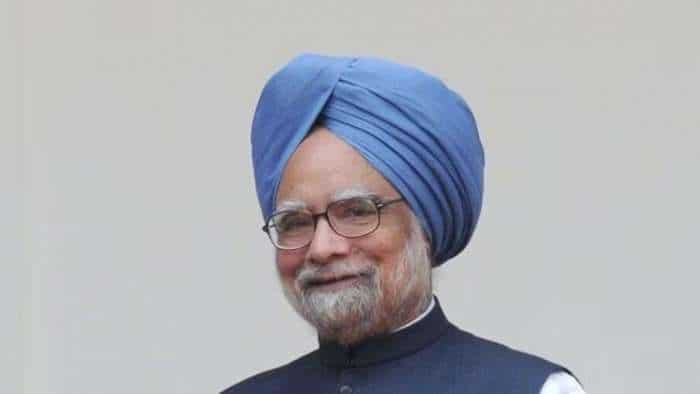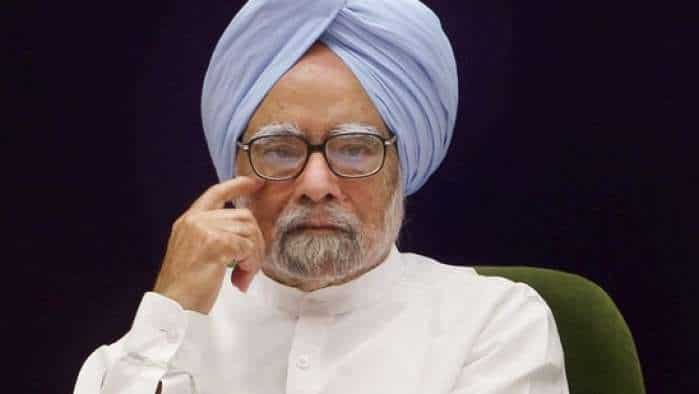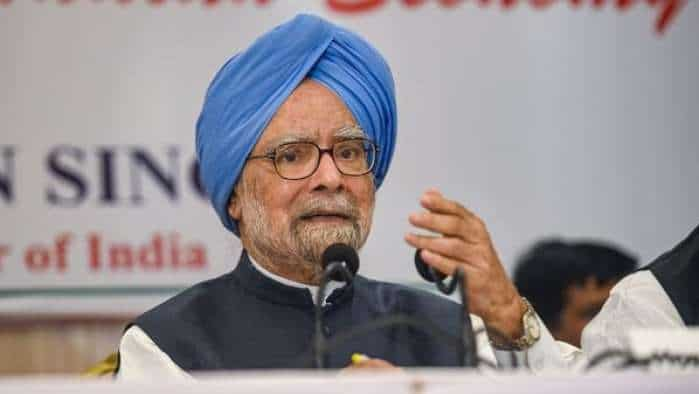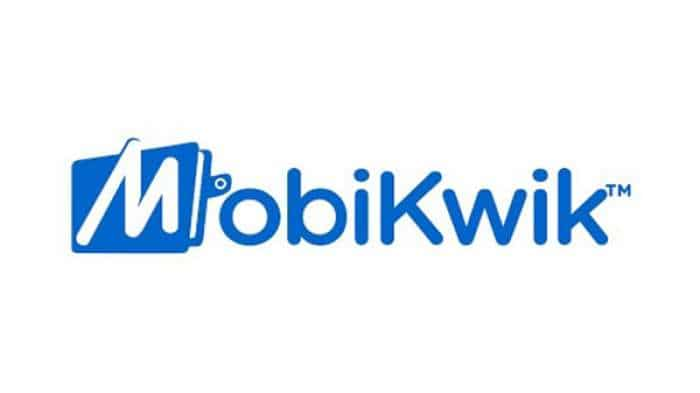Are the new norms good enough for banks to sell stressed assets?
M.B. Mahesh, Nischint Chawathe and Abhijeet Sakhare of Kotak Securities, in a report, said, "This move of RBI comes as a positive as it asks banks board to take faster action on non-performing loans (NPL) to ensure that the value of collateral is not impaired significantly.”

In a recent notification, the Reserve Bank of India (RBI) has allowed banks to sell stressed assets.
Under the new framework, RBI has allowed banks to sell their stressed assets to securitisation companies (SC), reconstruction companies (RC), non-banking financial services (NBFCs) and financial institutions. Till now banks were selling the stressed asset to ARCs (asset reconstruction companies) or SC.
RBI believes that the move will enhance buyers range and would lead to a better price discovery. Simply put, banks can now shop around for a fair price for the non-performing asset (NPA) they are trying to sell.
RBI’s move to force banks into an NPA clean-up drive that has accounted for nearly Rs 6,30,000 crore as stressed assets and NPAs and created provisions to cover these loans worth billions of rupees.
M.B. Mahesh, Nischint Chawathe and Abhijeet Sakhare of Kotak Securities, in a report, said, "This move of RBI comes as a positive as it asks banks board to take faster action on non-performing loans (NPL) to ensure that the value of collateral is not impaired significantly.”
The guidelines focus towards making banks create a well-defined policy to exit bad loans, including SMA (special mention accounts) and, more specifically, on doubtful loans as the value of the collateral is inversely correlated to duration of NPLs, Kotak Securities trio said.
In 2014, RBI had released a framework in which it had liberalised the rules for selling stressed assets.
But the scheme hasn't reached near success, mainly because banks and firms couldn’t agree on valuations, and the capital inadequacy plaguing the ARC sector.
An analysis of 33 public and private sector banks show that NPAs bought by ARCs, in the last fiscal year, declined by nearly a fifth from the year previous to last.
In the FY16, public banks sold loans of Rs 11,067 crore, a decline 35% from Rs 17,079 crore in FY15.
Interestingly, State Bank of India (SBI)—India’s largest bank—sold only Rs 1500 crore of loans, which is a decline of 79% from FY15.
This was also followed by Indian Overseas Bank which sold Rs 344.5 crore worth of loans in FY15. Bank of Baroda and Bank of India sold zero loans to ARCs.
Where major public banks were showing lacklustre sales of loans, there were few which that performed well.
Central Bank of India sold loans of Rs 104.04 crore (from Rs 79.87 crore), IDBI Bank at Rs 536 crore (from Rs 508 crore) and Punjab National Bank of India at Rs 734.1 crore (from Rs 531 crore).
Within the private sector, Axis Bank led the charge by selling Rs 167.62 crore of stressed assets followed by ICICI Bank with Rs 672.1 crore sales from Rs 328.6 crore in FY15.
In order to ensure a true sale of loans, RBI has mandated that the outstanding SR held by banks on loans that they have sold cannot be more than 50%. If this condition fails, the banks have to provide the difference between the value of loans sold and NAV or current provisioning requirements. With effect from FY2019, this would be reduced to 10% from 50%.
For this, RBI has asked banks to provide adequate time for due diligence by prospective buyers which may vary as per the size of the assets, with a floor of two weeks.
Particularly, RBI has asked banks to clearly specify as to in which cases internal valuation would be accepted and where external valuation would be needed. However, in case of exposures beyond Rs 50 crore, banks shall obtain two external valuation reports.
RBI also asked bank to use the “Swiss challenge method”.
Under this method, a prospective buyer may offer a bid to a bank. If the asset features in the list of assets for sale maintained by the bank, and if the aforesaid bidder offers more than the minimum percentage specified in the bank’s policy in the form of cash, the bank shall be required to publicly call for counter bids from other prospective buyers, on comparable terms.
Will all these efforts lead to better balance sheets of Indian banks?
Get Latest Business News, Stock Market Updates and Videos; Check your tax outgo through Income Tax Calculator and save money through our Personal Finance coverage. Check Business Breaking News Live on Zee Business Twitter and Facebook. Subscribe on YouTube.
RECOMMENDED STORIES
01:08 PM IST











 Stressed Asset Dilemma: PNB's Q1FY17 net profit declines by 57%
Stressed Asset Dilemma: PNB's Q1FY17 net profit declines by 57%  RBI eases stressed asset restructuring rules for banks
RBI eases stressed asset restructuring rules for banks Govt keen to set up stressed assets fund to fight NPAs: Jayant Sinha
Govt keen to set up stressed assets fund to fight NPAs: Jayant Sinha Banks' profits more than halve in Q1, NPAs nearly double
Banks' profits more than halve in Q1, NPAs nearly double Will commercial banks too feel the strain of rising NPAs?
Will commercial banks too feel the strain of rising NPAs?